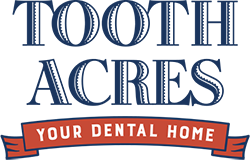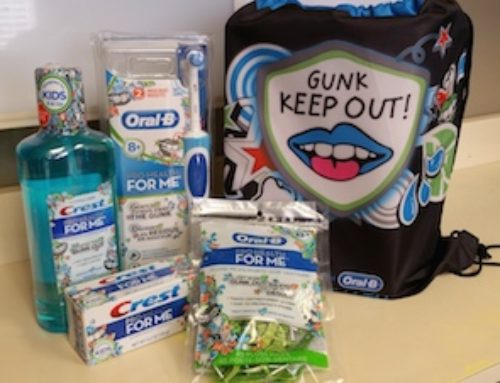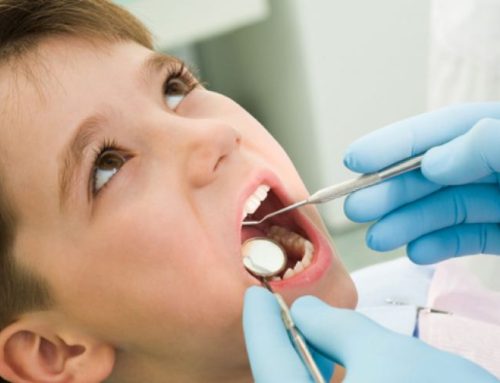Here’s an article that Dr. Holleron wanted to share.
Do You Need to See a Dentist Twice a Year?
Dental professionals recommend a teeth cleaning every six months. Some people can get by with less frequent visits to the dentist, others should consider going even more often.
Dec. 29, 2014 12:58 p.m. ET | Angela Chen | Wall Street Journal
Everything from plaque, bad breath and irreversible bone loss will account for why you should be making those dreaded visits to the dentist. Wall Street Journal’s Angela Chen explains.
Dental professionals have long recommended a teeth cleaning every six months. One expert, Edmond R. Hewlett, a professor of dentistry at the University of California, Los Angeles, explains why a few people can get by with less frequent visits to the dentist, while others should consider going even more often.
The biannual dental visit was designed with the “average” person in mind, Dr. Hewlett says. That means people who are middle-aged, don’t smoke and who brush their teeth twice a day and don’t eat too many sweets. Within six months, the majority of people will produce enough tarter that it will need to be scraped off by a dental hygienist.
Some people may be fine going for longer periods between cleaning. But it’s a category of patient that might seem difficult to qualify for. Typically, these people are in their 20s and 30s who are otherwise healthy, eat extremely well and floss daily, Dr. Hewlett says. For the rest of us, whose dietary indulgences and dental hygiene aren’t so ideal, six months seem a safer bet.
A number of factors might make it a good idea to see a dentist three or even four times a year. People whose diet is rich in sugary foods or drinks should consider more frequent checkups, Dr. Hewlett says. And people who are older, or who have dry mouth, might be more prone to the damage bacteria can cause to teeth, gums and bones.
“As we get older, we start to accumulate more health conditions from the various problems we’ve had over a lifetime, so your risk status will change and usually go up,” says Dr. Hewlett. Dry mouth, which is a common side effect of many medications, means there is less saliva, which makes it easier for bacteria to grow.
Saliva normally has a fairly neutral pH, or basic/acidic balance, that helps protect against excessive bacterial growth. Too much sugar can overpower saliva’s ability to create a balanced environment, making more frequent dental cleanings important, Dr. Hewlett says. And some people’s saliva has a lower, more-acidic pH, and this creates an environment where harmful bacteria thrive, he says.
People also should consider going to a dentist more often when cleaning their teeth at home is physically difficult. Crowded or overlapping teeth can make it hard to access some surfaces during routine brushing or to slide dental floss between teeth. Dr. Hewlett advises checking with your dentist about how often a cleaning is needed.
When bacteria build up in the mouth, it can lead to tartar forming, which in turn can cause inflammation of the gums and eventually irreversible bone loss around the teeth. The timing of bone loss will vary from person to person, but 18 months is the starting point for when it becomes dangerous not to have the teeth cleaned, Dr. Hewlett says.
“After a year and a half, or maybe two years of no professional cleaning whatsoever, your risk for at least some initial bone loss is significant,” says Dr. Hewlett. This type of bone loss starts off slowly but will accelerate if left unchecked. Also, the longer the time between visits, the harder the hygienist will need to work to scrape away the buildup, which can be unpleasant.
Tenderness or bleeding of the gums during brushing and flossing can indicate inflammation due to buildup of tartar, says Dr. Hewlett. It is a sign that some areas are being missed during home cleaning. Increased sensitivity, a dull ache, or a single tooth that has changed color may also indicate more serious problems, such as a dead nerve inside the tooth.



